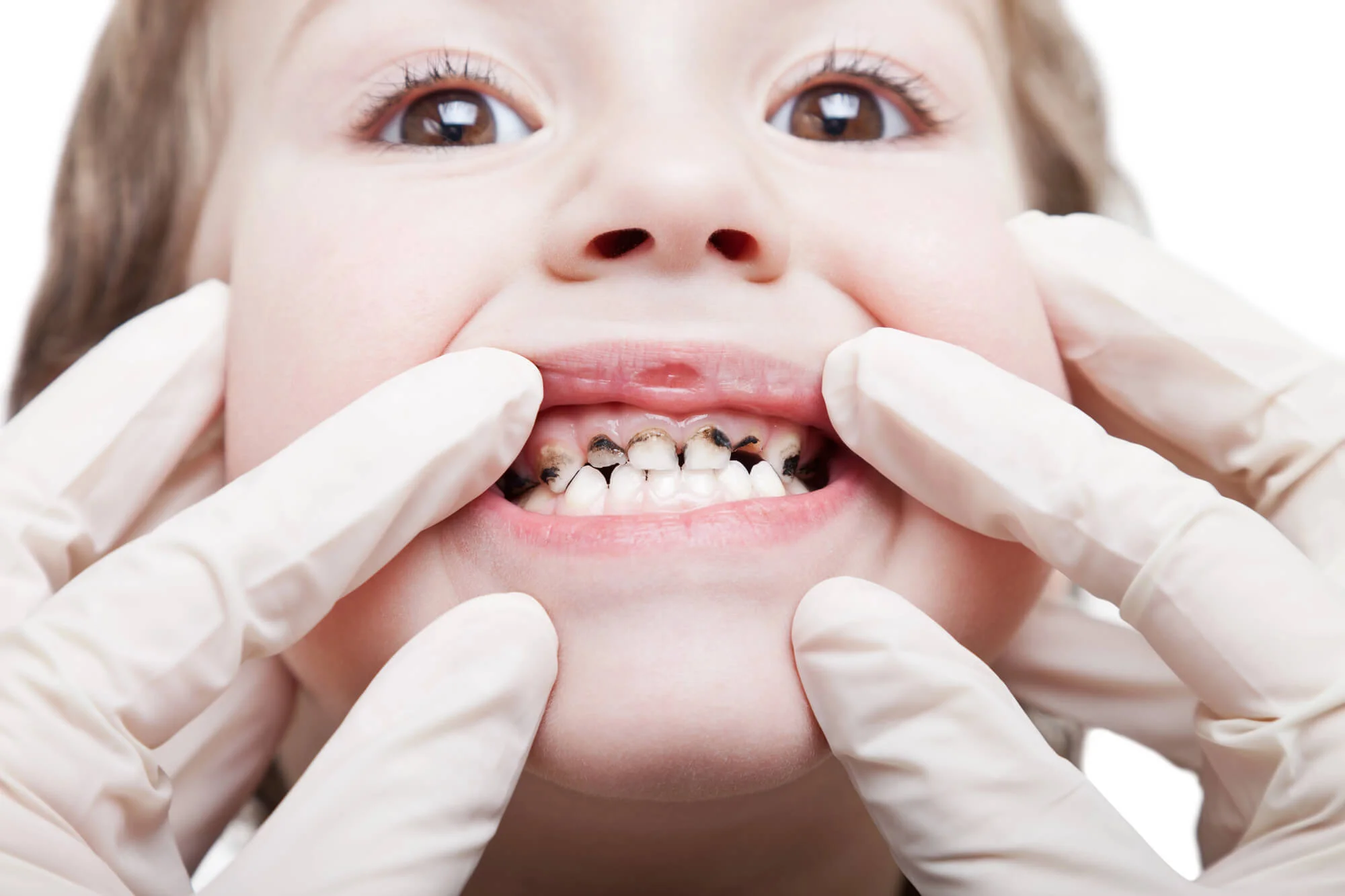Most people think cavities happen because of too much sugar and not enough brushing. That’s true—partly. But what if someone told you that cavities could actually spread from person to person?
It sounds surprising, but cavity-causing bacteria are transmissible. In fact, dental decay is considered one of the most common infectious diseases in both children and adults.

Cavities (dental caries) are caused by specific bacteria, primarily Streptococcus mutans, that feed on sugars and release acids. These acids erode the enamel, eventually creating tiny holes in the teeth. Once a cavity starts, it doesn’t go away without dental treatment.
But here’s the kicker: those bacteria don’t just appear on their own. They’re usually transferred, often in early childhood, from caregivers or siblings.
It’s not the cavity itself that spreads—it's the bacteria behind it. You might share these microbes by:
Infants and toddlers are especially vulnerable. Their immune systems are still developing, and their enamel is thinner. Once colonized, these bacteria can stay in the mouth for life if not managed.
In households where one member has poor oral hygiene or untreated cavities, others may be at higher risk—especially kids. Cavity-causing bacteria thrive in certain environments: sugary diets, irregular brushing, and dry mouth conditions. If one person’s mouth has high levels of these bacteria, frequent close contact makes it easier to pass them along.
This is one reason dentists stress the importance of parents maintaining their own oral health. A healthy caregiver is less likely to introduce harmful bacteria to their child’s mouth.
Here’s how to reduce the risk of bacterial transfer and protect your family’s smiles:
Children should see a dentist by their first birthday or when their first tooth erupts. Early visits help monitor oral development and reduce risks from the start. Many parents are surprised to learn how quickly decay can form on baby teeth—and how it affects permanent teeth later on.
Sealants, fluoride treatments, and personalized brushing guidance can greatly reduce the spread of bacteria and cavity formation.

Your dentist helps prevent cavities. During regular cleanings, they check for visible decay and also assess factors that could lead to cavities. They can suggest fluoride treatments, dietary changes, and care plans for your whole family to reduce cavity risk. A general dentist can work with pediatric services to make sure both children and adults receive the right preventive care based on their age, oral development, and health history.
If you want personalized dental care that focuses on preventing issues, Friedler Dental Group can assist you. Our team serves patients of all ages—from toddlers to grandparents— to prevent decay and reduce harmful bacteria. Contact us today to schedule an appointment.

Are you a patient of our practice without dental insurance? Let us take care of your preventive care with our In-House Dental Savings Plan, and save money today!

Our Office Hours
Holiday Hours